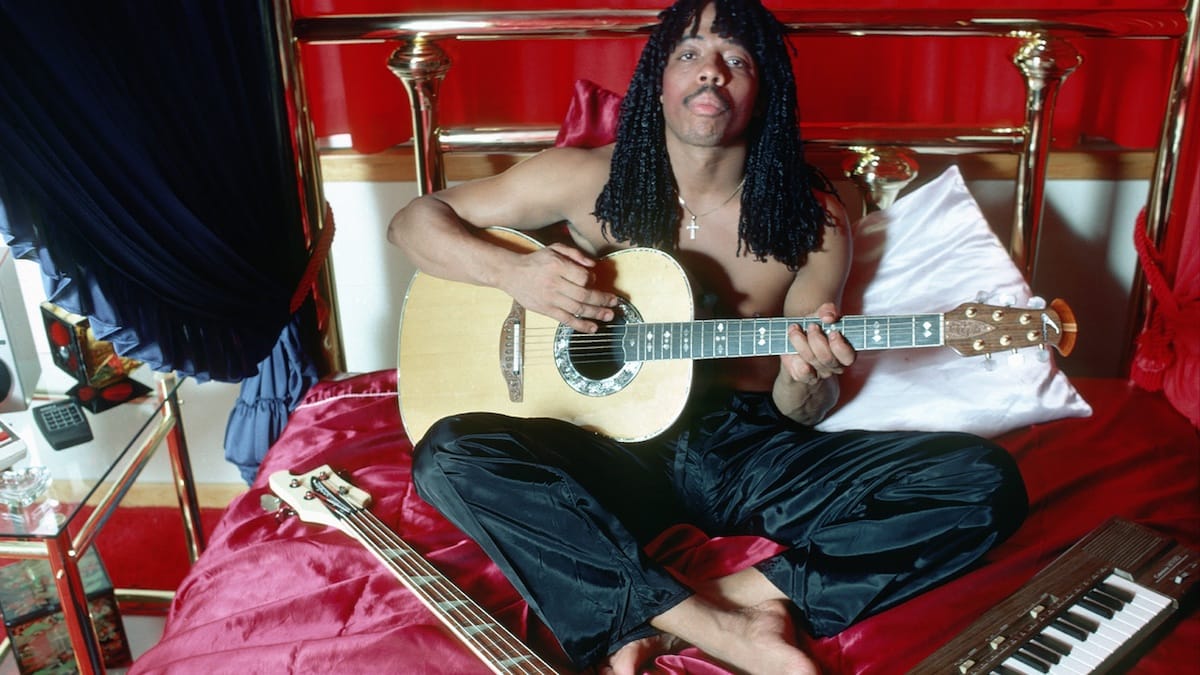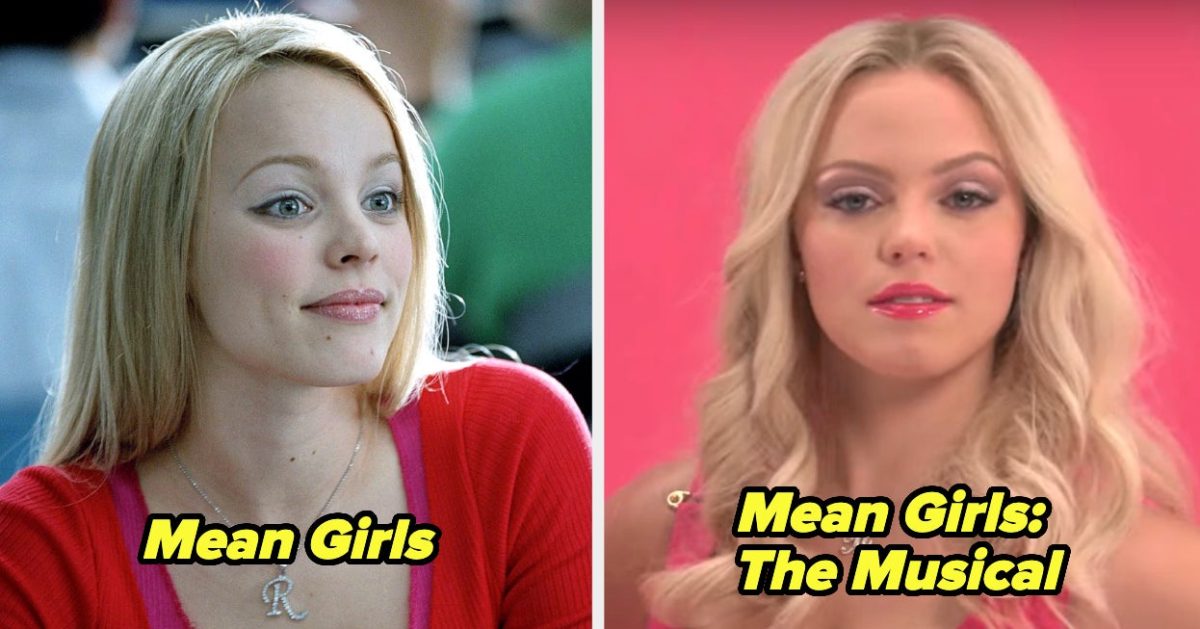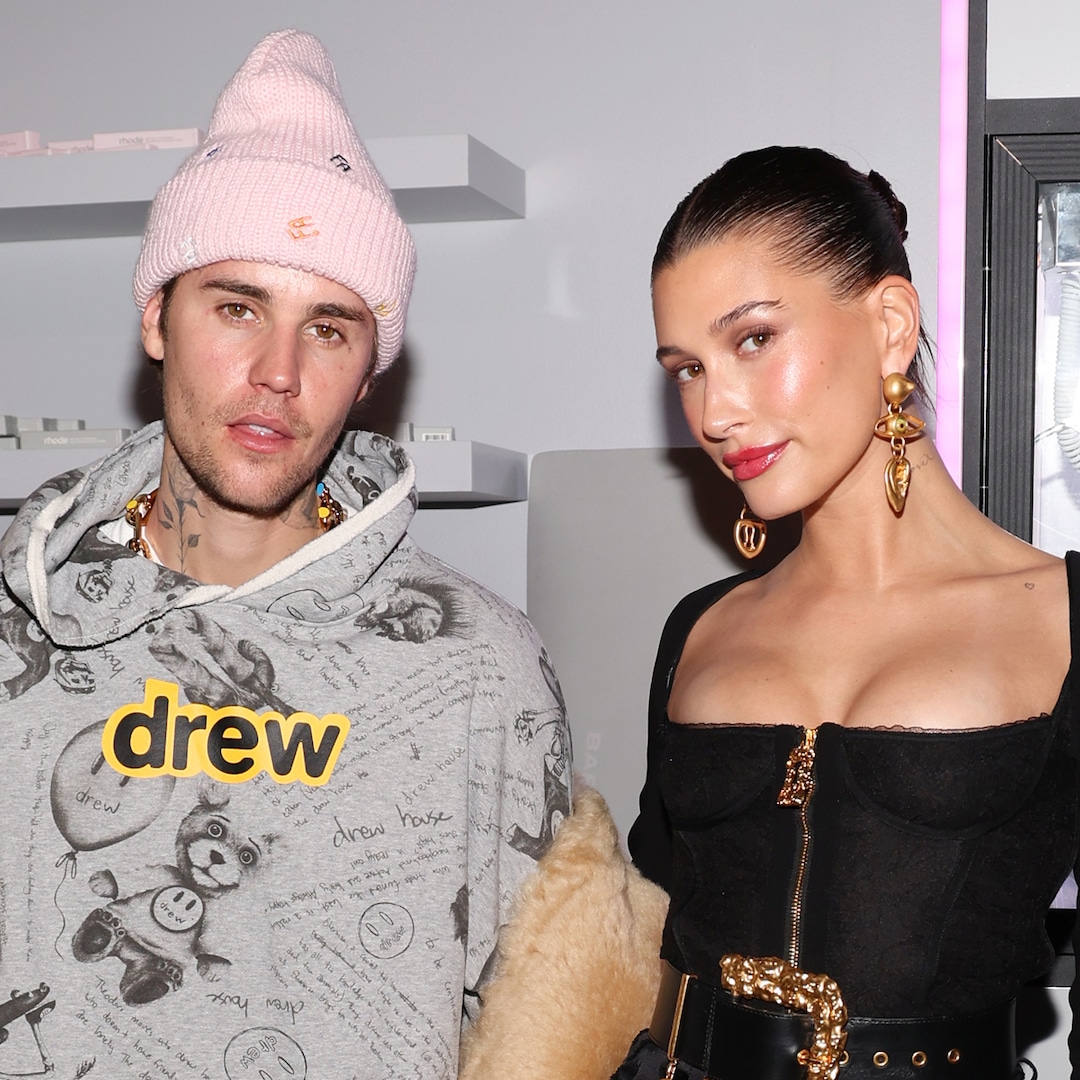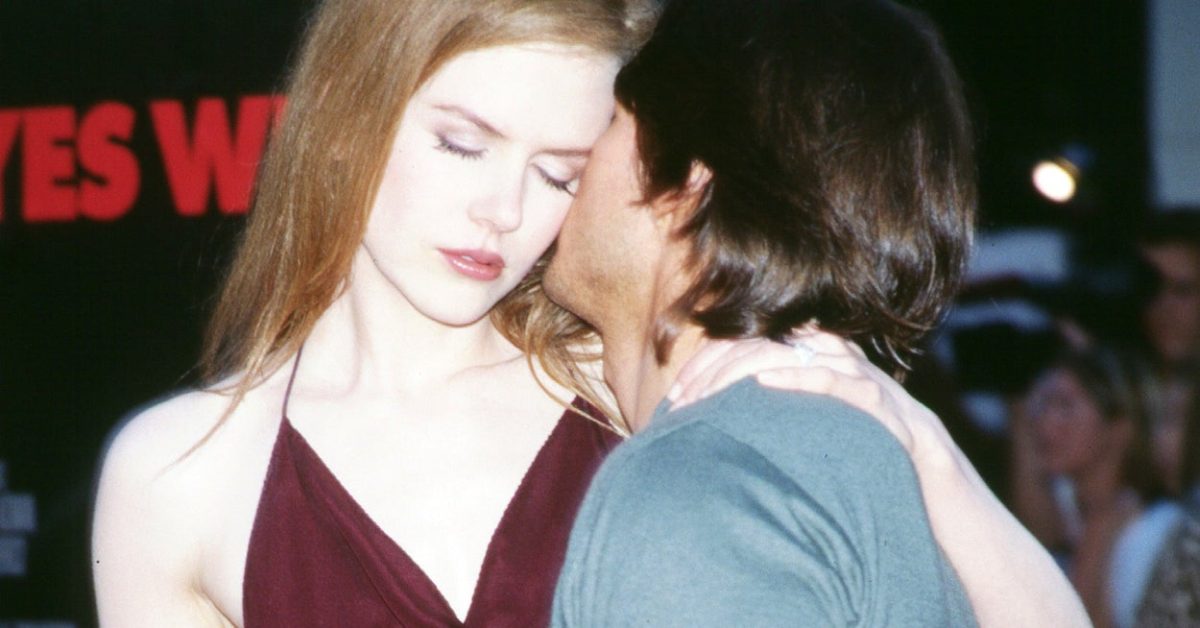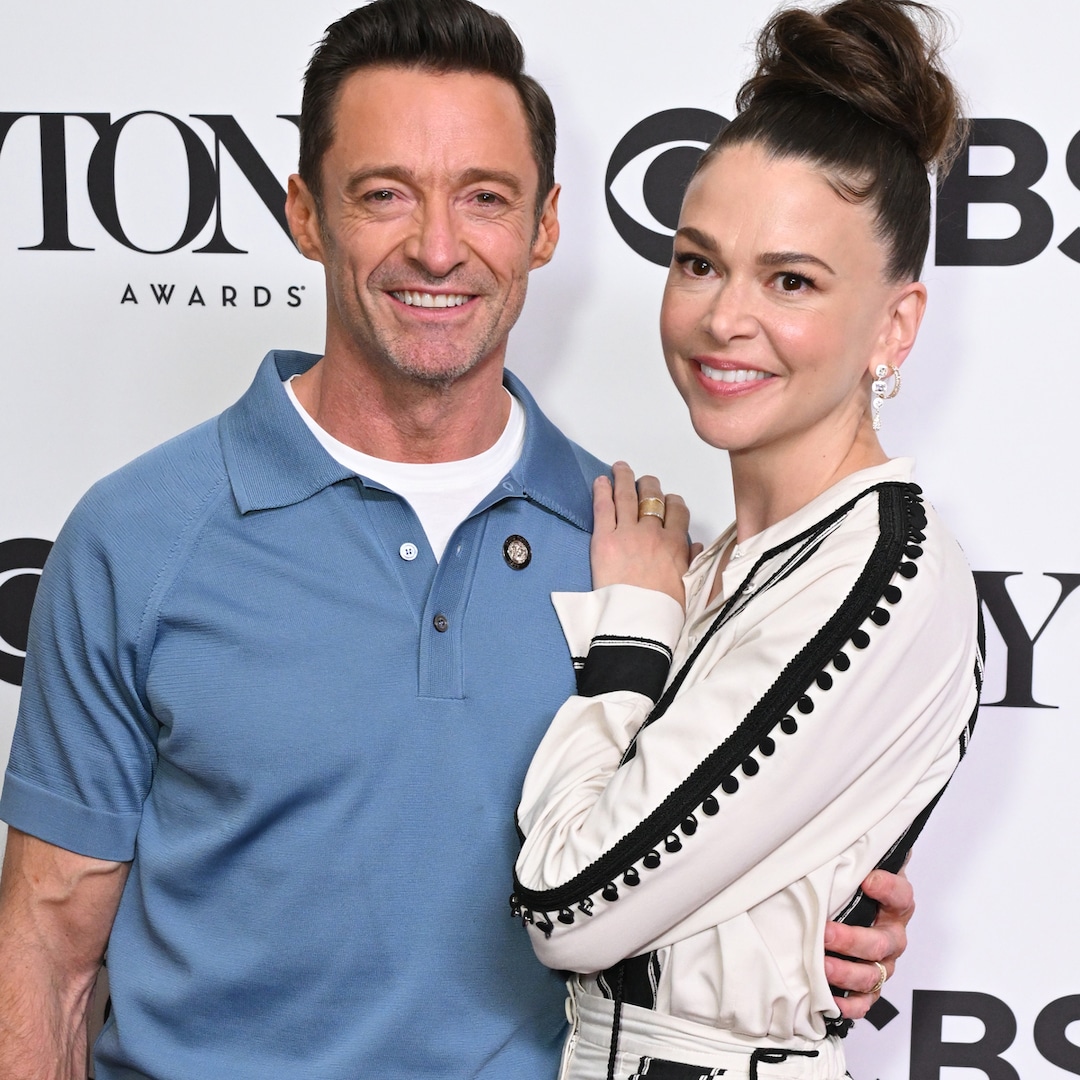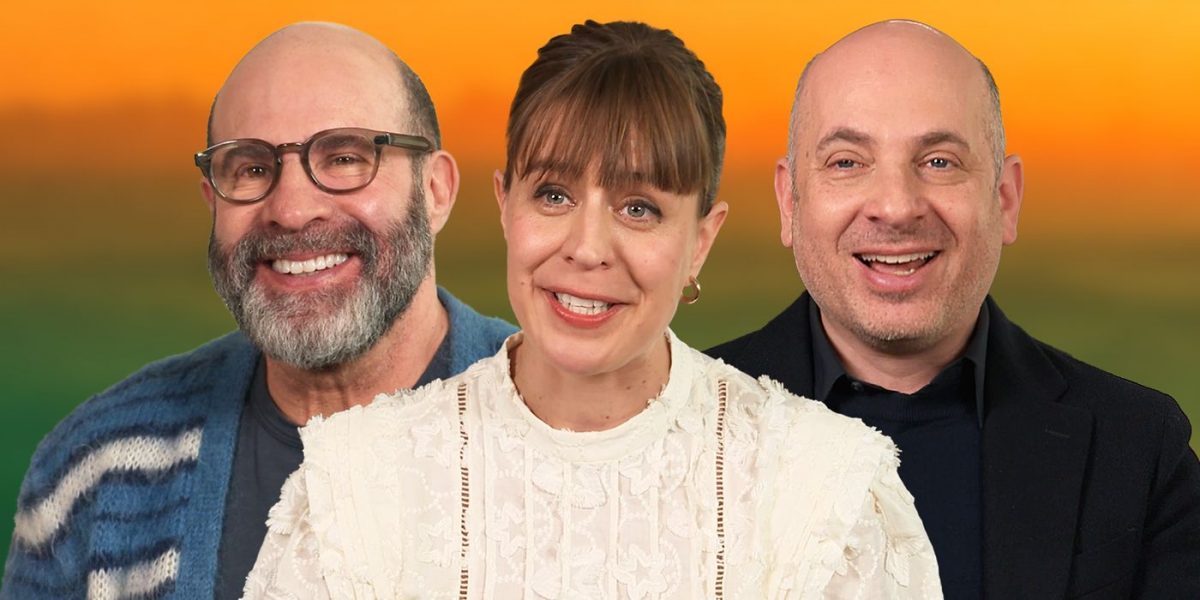
‘Extrapolations’ Scott Z. Burns on His Researched Portrayal of Climate Change
Mar 18, 2023
In the Apple TV+ series, Extrapolations, creator Scott Z. Burns focuses on the ongoing climate crisis and its effects on the near future. Like his 2011 thriller, Contagion, which presented a disturbing virus outbreak not unlike the one we would experience less than a decade later, Extrapolations looks at the consequences humans are beginning to face through an “internal, emotional” lens. In an interview with Collider’s Steve Weintraub, Burns, along with co-writer and executive producer Dorothy Fortenberry and executive producer Michael Ellenberg, share important details on the series they created with the intention of getting people to “question the narratives.”
COLLIDER VIDEO OF THE DAY
Beginning in the near future, from 2037 to 2070, each of the eight episodes tackles issues like air quality, weather patterns, and the ways in which world leaders handle (or don’t handle) these ever-evolving situations. With a star-studded cast, including Academy Award winners Meryl Streep, Forest Whitaker, and many more, Extrapolations is Burns’ exploration into the “scripted storytelling” that pushes beyond the confines of graphs, charts, and numerical data typically employed to relay this information. Instead, as Fortenberry tells us, the show asks viewers, “what does climate change feel like?”
During the conversation, which you can watch in the video above or read below, the trio discusses working with experts to create a realistic idea of what we could experience within the next couple of decades. They share alarming realities they want more people to understand, where the initial idea for this episodic format originated from, and what the thought process was behind building a near future. For even more on Extrapolations, check out Collider’s review by Chase Hutchinson that reiterates the series “…all feels painfully human throughout.”
COLLIDER: I really want to start with congrats. I’ve seen the whole series, and it has stayed with me since I watched. I really want to say great job to all three of you. There are a million things to talk about, but I’m curious, how long did it actually take, from when you decided to make this, to write these episodes? Because the ambition that is on display, and the scale and scope of this series, is really, really hard to pull off.
SCOTT Z. BURNS: This had been percolating inside of me for a very long time. Certainly, at least since An Inconvenient Truth where I felt like, “Okay, this is what a documentary can do,” but as a scripted storyteller, I felt there was more to explore, and that if you can escape the confines of what a doc asks you and explore the larger world of storytelling, and scripted storytelling, that we could begin to look at these stories in new ways. Could you take stories from the past, like a thriller, a love story, a family drama, comedy? Could you take those and move them into the future and just change the climate, and then how does that affect the characters and the action?
You know, this will sound a little bit esoteric, but I know you so I feel I can say this; the Dekalog had a huge influence on me, and what I saw [Krzysztof] Kieślowski could do with the 10 Commandments, I thought, “Is there a way of doing storytelling around climate change that did discrete stories that were interconnected?”
Image via Apple TV+
I don’t want to speak spoilers at all, but Episode 6 broke me. It’s a heartbreaking episode. One of the things about that is you guys invented all this new jargon, if you will, and had to display these new technologies and this new future. So can you talk a little bit about putting that together and the people you incorporated to help bring these things to life?
DOROTHY FORTENBERRY: Sure, absolutely. So, to back up a little bit, the show takes place over 30 years in an imagined future starting in 2037. So when we begin with Episode 1, we wanted it to really look and feel quite close to now. It was important to us that it wasn’t technologically alienating, that people weren’t just, you know, moon boots and space cars, that it felt close to home. But, as time goes on, we get farther from the present day, and so the technology and the future get a little farther from what we’re doing right now. So by Episode 6, we had the freedom to really go in some fun and crazy directions imagining potential futures, potential futures because of how bad climate change will be, how bad the effects of it will be, and what that’ll do to human relationships.
So Sarah Nolen, who wrote that episode, really used her own imagination to invent these ways that people might relate to each other and think about love and loss and connection, and how people find connection, how people find authenticity in a world with so many screens and so many gig workers. I really think we were able to create an imagined future that is starting to feel a little bit further from just around the corner, but you can see the threads that connected to what we’re all going through today.
MICHAEL ELLENBERG: This show put together both an amazing group of experts on climate, on technology. We were fortunate to bring our production designer– he was brought on earlier in the process, so there was a whole period where we generated a lot of concept art around this. So that this was meant to be an exciting vision of the future. The stories are light and dark, and tackle tough stuff, but we consciously wanted it to be an original and unique look at the possible future we might live in, and one that’s immersive. The audience can– it’s a big, vast journey over the episodes and we wanted them to be able to sit and truly enter this world, the world that Scott and Dorothy created. There was a lot of intention behind it.
Image via Apple TV+
I would imagine, as you guys mentioned, you spoke to many different leaders to get the data to incorporate into the series. I’m sure you learned a lot of different things. What do you wish more people knew that you have now been told?
FORTENBERRY: I wish more people knew how much power they have to impact what the future is going to look like. Every expert we talked to was really clear that the difference between a 1.9 centigrade temperature rise and a 2.1 centigrade rise, those feel very different, they have very different consequences. So things, changes, amounts that can seem teeny tiny, it can I feel like you’re just taking a ruler and measuring these little incremental distances, and what’s the difference? Those differences are really vast. We currently, today, right now, have the ability to put our collective hands on the dial and help determine what that change is going to be.
BURNS: I think there’s an impoverishment of your experience of being alive that we’re on the brink of. When I was a kid and I played Little League, my dad would say, “Go get them, tiger,” and I knew what a tiger was. What happens when we say that to our children and there are no more tigers? And that will happen in our lifetimes unless we make some very, very important choices. And for me, I want people to question the narratives they’ve been given that this is beyond them, that the scope of this is too big for an individual. I think the first thing we have to do is understand that that is a narrative that oil companies, and the other people who are really benefiting from the status quo, desperately want us to believe.
When we get asked questions about, “Well, gee, did you take a plane to that interview? Aren’t you a hypocrite?” Well, to some degree, these are the choices we have. To dismiss someone and their participation and their passion because their choices don’t allow for them to really express what they wish the world could be is a kind of paralysis we’ve got to overcome. I feel like the show, if it does only that, if it begins to make people question the narratives that they’re walking around with by exploring other ones, that would be amazing. Look, that’s what all of the movies about the Vietnam War did for me when I was growing up.
ELLENBERG: Mostly repeating what Scott and Dorothy said, the script is not written. It’s an extrapolation, that’s not the extrapolation, right? So this is a possible future. We control the future still, it’s not written, and everyone we spoke to– this can go another way, and in a better way. So part of the point of making the show is, by jumping ahead, you actually can get a handle on the subject. It’s very hard, we’re overwhelmed by the present in so many ways right now, and so by getting a little outside of it, a glimpse into the future, hopefully, it gives people an understanding of the subject, of their own role in it, what it means to them, and there’s still a positive future available to us.
Image via Apple TV+
One of the things is, I think when you see on the news someone talks about oxygen tanks in the future, it’s one thing, but when you actually see it depicted on actors… Talk a little bit about the fact that something like this can hopefully impact real people by seeing it rather than just hearing about it.
FORTENBERRY: Yeah, I think what the show does, at its best, is it shows you, “What does climate change feel like?” You know, not, “What does it look like on a graph?” Not as a chart, not as a number. What does it feel like? What does it feel like to be a mom or dad, or partner or friend in a climate-changed world? That is what we wanted everyone to have a glimpse of is the internal, emotional life that people are going to go through, that we, all of us – this is near, this is a near future – we’re all going to go through. What does it feel like? What is it emotionally to go through that experience?
Extrapolations is available to stream on Apple TV+.
Publisher: Source link
Broadway Musicals Vs Movie Adaptations Poll
Just like many actors work in both film and theater, so do many famous stories. Over the years, plenty of Broadway shows have been adapted into movies, and plenty of movies have been adapted into Broadway shows. Now, we ask…
Jan 15, 2025
Hailey Bieber and Justin Bieber Share Photos of Romantic Aspen Getaway
Justin Bieber and Hailey Bieber are snow in love. The “Peaches” singer shared a collection of photos taken as the couple—who welcomed son Jack Blues Bieber in August—enjoyed a recent winter getaway in Aspen, Colo. In the final photo of…
Jan 15, 2025
Nicole Kidman’s Viral Getty Image Catalog
Nicole Kidman's Viral Getty Image Catalog Nicole Kidman has stepped back into the limelight to promote the new A24 erotic thriller Babygirl — and she’s looking as radiant as ever. The Academy Award-winning star has had an incredibly storied career,…
Jan 14, 2025
Hugh Jackman and Sutton Foster Have Steamy Makeout Session
The Music Man's final curtain call was in January 2023. But it wasn't the only thing to come to an end. In September of that year, Jackman and his wife of 27 years Deborra-Lee Furness announced their split."We have been blessed…
Jan 14, 2025


